Butternut squash is a tasty vegetable. It is easy to grow. Many people enjoy planting it from seed. This guide will help you learn how to do it.
What is Butternut Squash?
Butternut squash is a type of winter squash. It has a sweet flavor. The skin is tan and smooth. The inside is bright orange. It is full of vitamins. Many people use it in soups, pies, and salads.
Why Plant from Seed?
Planting butternut squash from seed is fun. It allows you to choose your favorite variety. Seeds are often cheaper than plants. You can grow many plants in your garden.
When to Plant Butternut Squash
Timing is important for growing squash. You should plant seeds after the last frost. This usually happens in late spring. The soil should be warm. Aim for a soil temperature of at least 70°F (21°C).
Where to Plant Butternut Squash
Butternut squash needs space. Choose a sunny spot in your garden. It needs at least 6 hours of sunlight each day. The soil should be well-drained. Squash plants do not like wet feet.
Preparing the Soil
Good soil helps your plants grow. Start by removing weeds. Weeds compete for nutrients. Then, loosen the soil. You can use a shovel or a garden fork.
Add organic matter to the soil. This can be compost or well-rotted manure. It adds nutrients. It helps the soil hold water.
Choosing Seeds
Choose high-quality seeds. Look for seeds from a trusted brand. There are many varieties of butternut squash. Some are small, while others are large. Pick the kind you like best.
Planting the Seeds
Now it’s time to plant! Follow these steps:
- Make holes in the soil. Each hole should be about 1 inch deep.
- Space the holes about 3 feet apart.
- Place 2-3 seeds in each hole.
- Cover the seeds with soil.
- Water gently to moisten the soil.
Watering Your Seeds
Water is very important. After planting, keep the soil moist. Water the seeds regularly. Be careful not to overwater. Too much water can rot the seeds.
Germination
Germination is when seeds start to grow. This usually happens in 7-14 days. Keep the soil warm and moist. Soon, you will see little green sprouts.
Thinning the Seedlings
Once the seedlings grow to about 3 inches tall, it’s time to thin them. You should keep the strongest plant. Remove the weaker ones. This will give the healthy plant more space to grow.
Feeding Your Plants
Butternut squash likes nutrients. After a few weeks, start feeding your plants. Use a balanced fertilizer. Follow the instructions on the label. Too much fertilizer can harm the plants.
Supporting the Plants
As your plants grow, they may need support. Butternut squash can spread out. You can use stakes or trellises. This keeps the squash off the ground. It can help prevent rot.
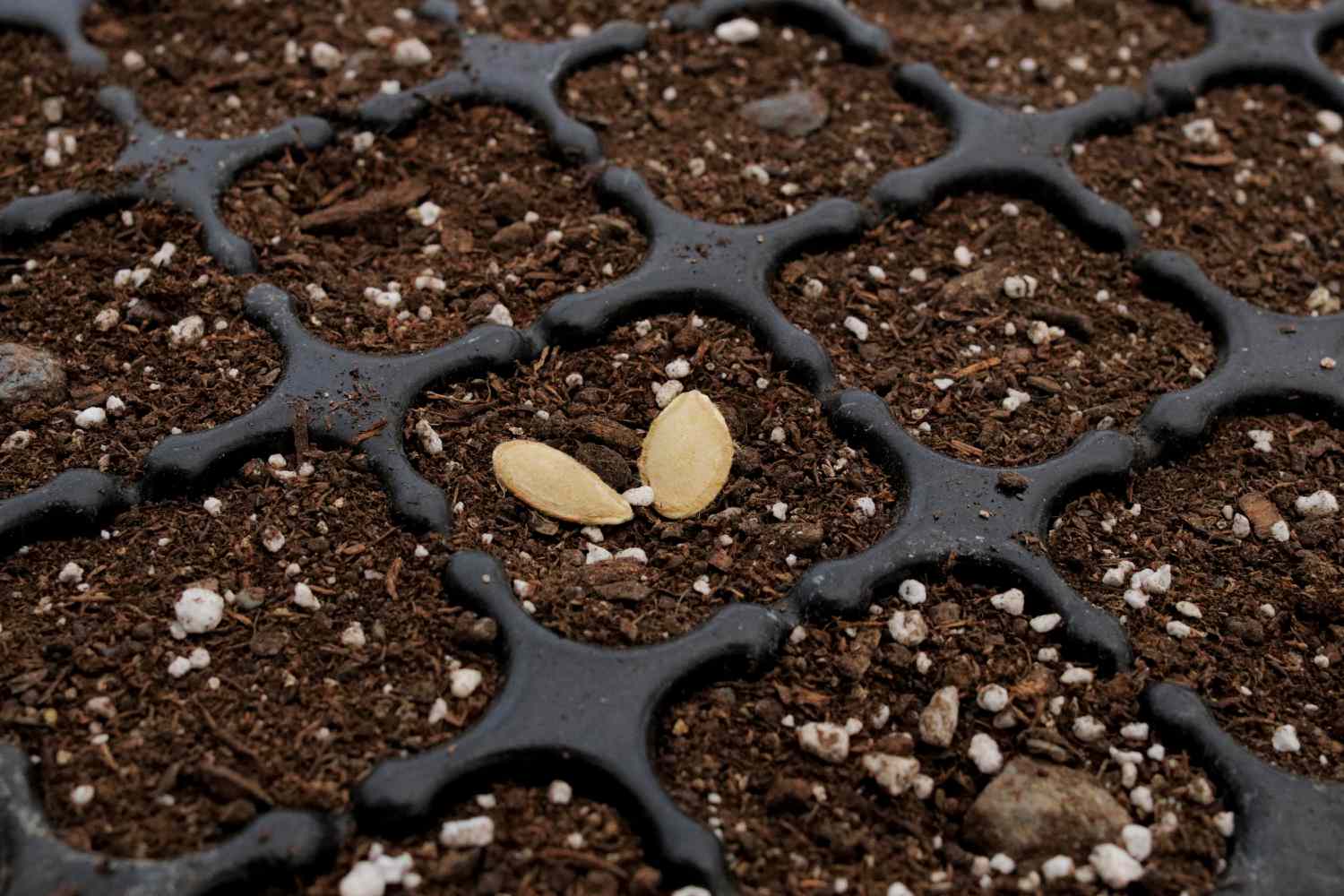
Credit: www.thespruce.com
Pest Control
Watch out for pests. Common pests include squash bugs and aphids. Check your plants regularly. If you see pests, remove them by hand. You can also use insecticidal soap.
Watering During Growth
Continue to water your plants. Butternut squash needs about 1 inch of water each week. Water deeply, but not too often. This helps the roots grow strong.
Harvesting Butternut Squash
Harvesting is the best part! Butternut squash is ready to pick when it is hard. The skin should be tan, and the stem should be dry. Use a sharp knife to cut the squash from the vine.
Storing Butternut Squash
Store your squash in a cool, dry place. It can last for months. Make sure to check for soft spots. Use the squash before it goes bad.
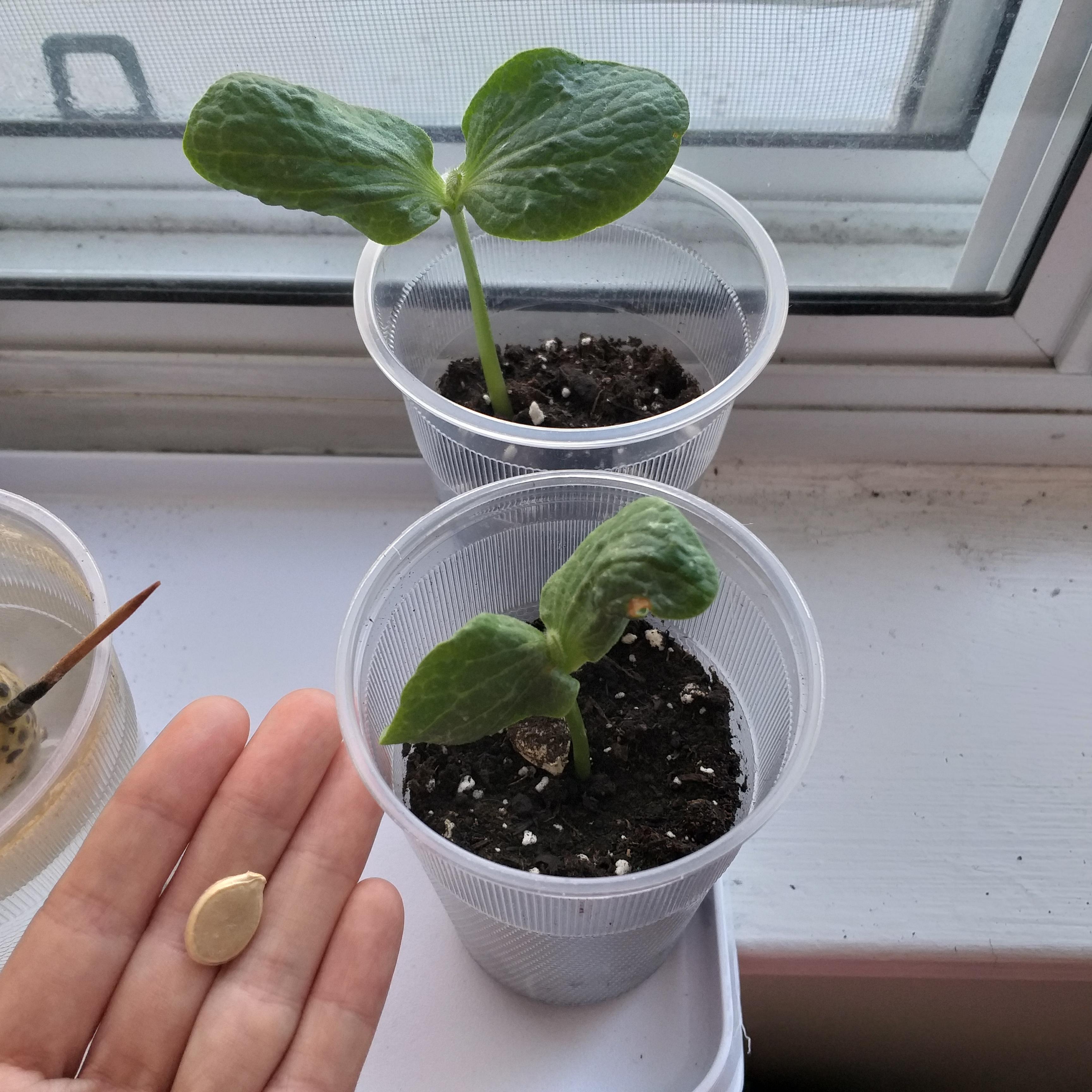
Credit: www.reddit.com
Conclusion
Planting butternut squash from seed is easy. With the right care, you can grow delicious squash. Follow these steps, and you will have success in your garden.
Remember to enjoy the process. Gardening is about learning and having fun. Happy planting!

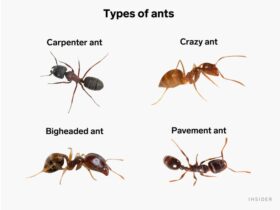
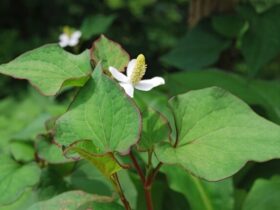



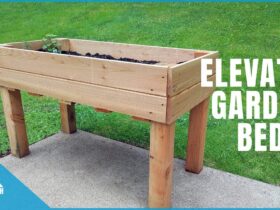


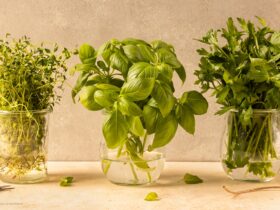

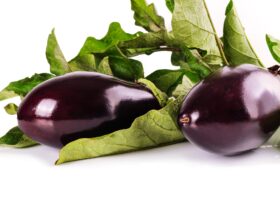
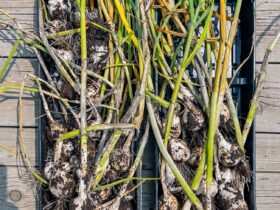
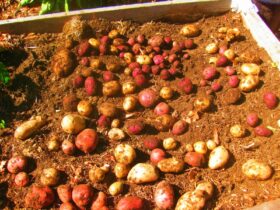
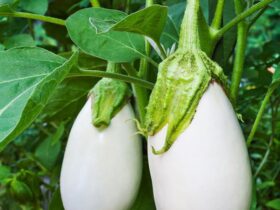
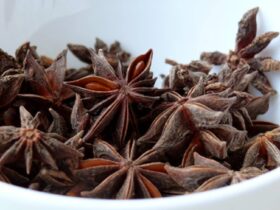
Leave a Review